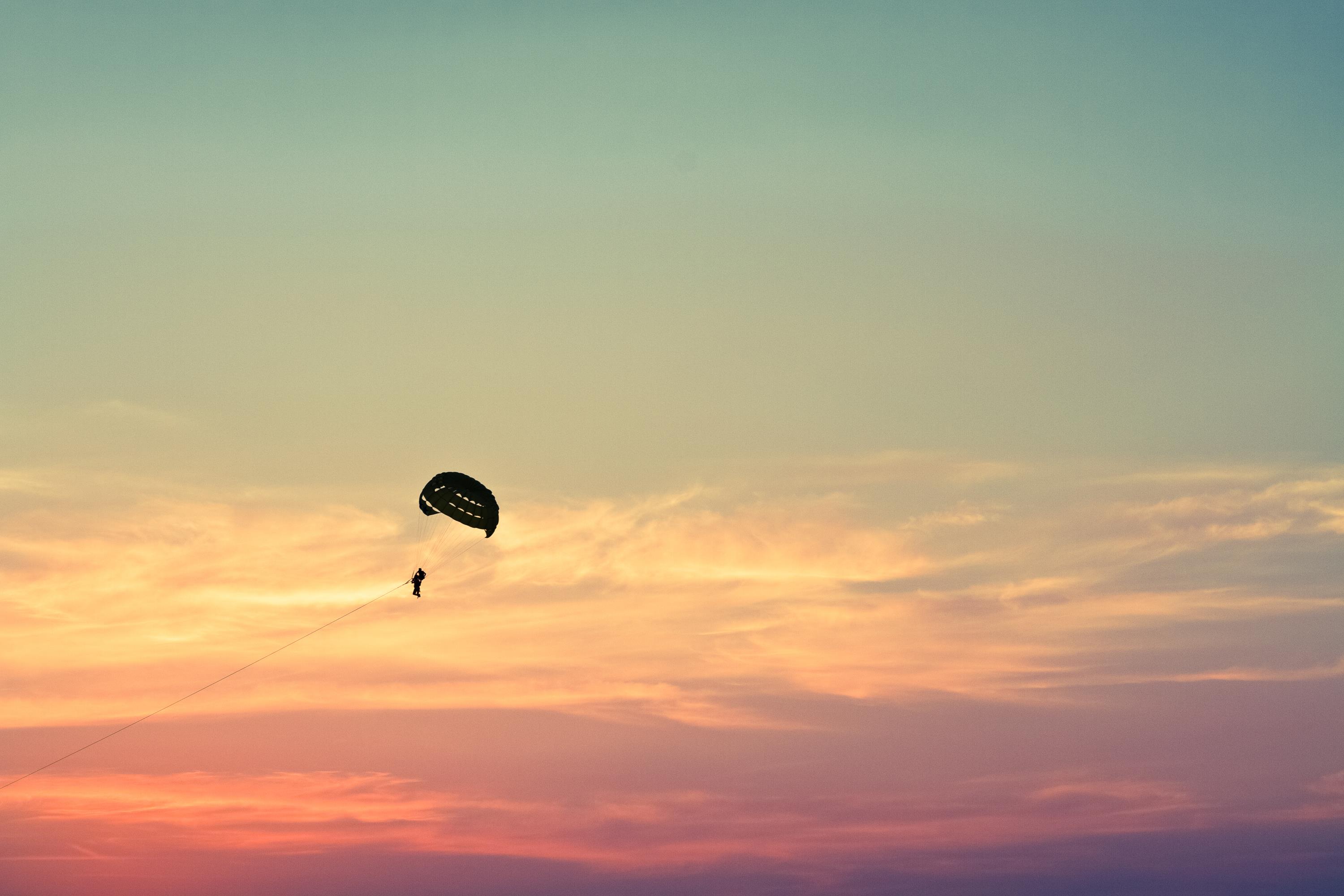
I read this article by Brandon Steiner and found it made me reflect.
How about you?
The most important thing is to find out what's important, and who's important, and you have to pay attention to them everyday.
Our tendency is to get caught up in the not-so-important, the people that bug you the most or scream the loudest. What that translates to is you not paying attention to the most important things
I came across the below from a good friend of mine, Peter Shankman. It should tell you a little something about the people you have around you.
--
I thought I'd share this note I received from a good friend of mine, NYPD Transit Chief Joseph Fox. It really resonated with me this morning, and I hope it does with you, as well. Have a great day! -Peter
--
Who packs your parachute?
Charles Plumb was a US Navy jet pilot in Vietnam. After 75 combat missions, his plane was destroyed by a surface-to-air missile. Plumb ejected and parachuted into enemy hands. He was captured and spent 6 years in a communist Vietnamese prison. He survived the ordeal and now lectures on lessons learned from that experience.
One day, when Plumb and his wife were sitting in a restaurant, a man at another table came up and said, “You’re Plumb! You flew jet fighters in Vietnam from the aircraft carrier Kitty Hawk. You were shot down!”
“How in the world did you know that?” asked Plumb.
“I packed your parachute,” the man replied. Plumb gasped in surprise and gratitude. The man pumped his hand and said, “I guess it worked!” Plumb assured him, “It sure did. If your chute hadn’t worked, I wouldn’t be here today.”
Plumb couldn’t sleep that night, thinking about that man. Plumb says, “I kept wondering what he might have looked like in a Navy uniform: a white hat, a bib in the back, and bell-bottom trousers. I wonder how many times I might have seen him and not even said Good morning, how are you?’ or anything else because, you see, I was a fighter pilot and he was just a sailor.”
Plumb thought of the man hours the sailor had spent on a long wooden table in the bowels of the ship, carefully weaving the shrouds and folding the silks of each canopy, holding in his hands each time the fate of someone he didn’t know.
Now, Plumb asks his audience, “Who’s packing your parachute?” Everyone has someone who provides what they need to make it through the day. Plumb also points out that he needed many kinds of parachutes when his plane was shot down over enemy territory – he needed his physical parachute, his mental parachute, his emotional parachute, and his spiritual parachute. He called on all theses supports before reaching safety.
Sometimes in the daily challenges that life gives us, we miss what is really important. We may fail to say hello, please, or thank you, congratulate someone on something wonderful that has happened to them, give a compliment, or just do something nice for no reason.
As you go through this week, this month, this year, recognize the people who pack your parachute.